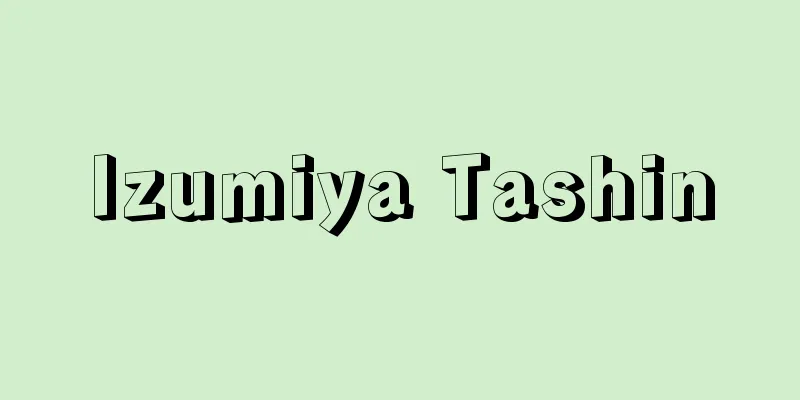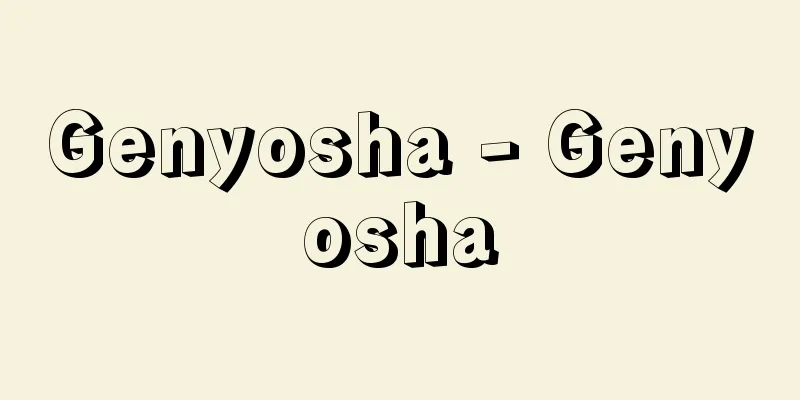Demons and monsters

|
Various monsters. Various kinds of monsters. [Example of use] Western [Example] Finally, the gate with a tiled roof [Example of use] Some of these [Explanation] In short, it means a ghost. It is a representative compound word that has many strokes and is difficult to write. It can also be written as "chimi-mouryou," which seems to be the original. However, as a compound word, "chimi-mouryou," which has the same character shape for all four characters, is more commonly used. It is common to add a matching radical to each kanji in a compound word. For example, "手限" can also be written as "叮嚀" to emphasize that it should be said politely. In modern Japanese, "chimi-moryo" does not simply mean ghosts, but often refers to mysterious people who are like monsters. It is used in expressions such as "The world of politics is rife with demons." Source: Dictionary of Four-character Idioms About Dictionary of Four-character Idioms Information |
|
いろいろな妖怪変化。種々のばけもの。 [使用例] 西洋 [使用例] やっと瓦屋根のついた門の [使用例] このうちやや [解説] 要するに、ばけもののこと。中国・戦国時代の「 画数が多く、書くのが難しい熟語の代表です。「魑魅罔両」とも書き、こちらのほうが本来のようです。でも、熟語としては、四字とも字形をそろえた「魑魅魍魎」が多く使われます。 熟語のそれぞれの漢字に、おそろいの部首を加えることはよくあります。たとえば、「丁寧」は、口で丁寧に言うことを強調して「叮嚀」とも書きます。「 現代日本語で「魑魅魍魎」と言えば、単なるばけものではなく、多くは、ばけもののように得体の知れない人間たちを指します。「魑魅魍魎がはびこる政治の世界」のように使います。 出典 四字熟語を知る辞典四字熟語を知る辞典について 情報 |
Recommend
Japanese studies
A general term for research into Japan. Also calle...
Kawamatavali
...The upper reaches of the river are a scenic sp...
Shinto [village] - Shinto
A village in Kitagunma County, central Gunma Prefe...
Non-unilineal descent
… All theories of descent accept that descent is ...
Saint Mary's Cathedral
…In 1220, when the bishopric was moved from Old S...
MJQ - MJQ
Please see the "Modern Jazz Quartet" pa...
information disclosure
...Its main purpose is to realize fair and open a...
Fanatics - Fanatics
…Inspired by the spread of Lutheranism, a more ra...
Morphy, P. (English spelling) MorphyP
...In the 18th and 19th centuries, the game's...
Cowhide longhorn beetle - Cowhide longhorn beetle
…The boll weevil Araecerus fasciculatus is distri...
Basic oxide - Basic oxide
This refers to oxides that are basic, and general...
Offshore Center - Offshore Center
A market that allows freer and more active fund ra...
Ryokan - Ryokan
A facility where travelers pay to eat and stay. I...
Hanging Place - Kakeba
...The method was a credit system in which a pedd...
Electra Complex - Electra Complex
An unconscious mental representation of a daughter...









